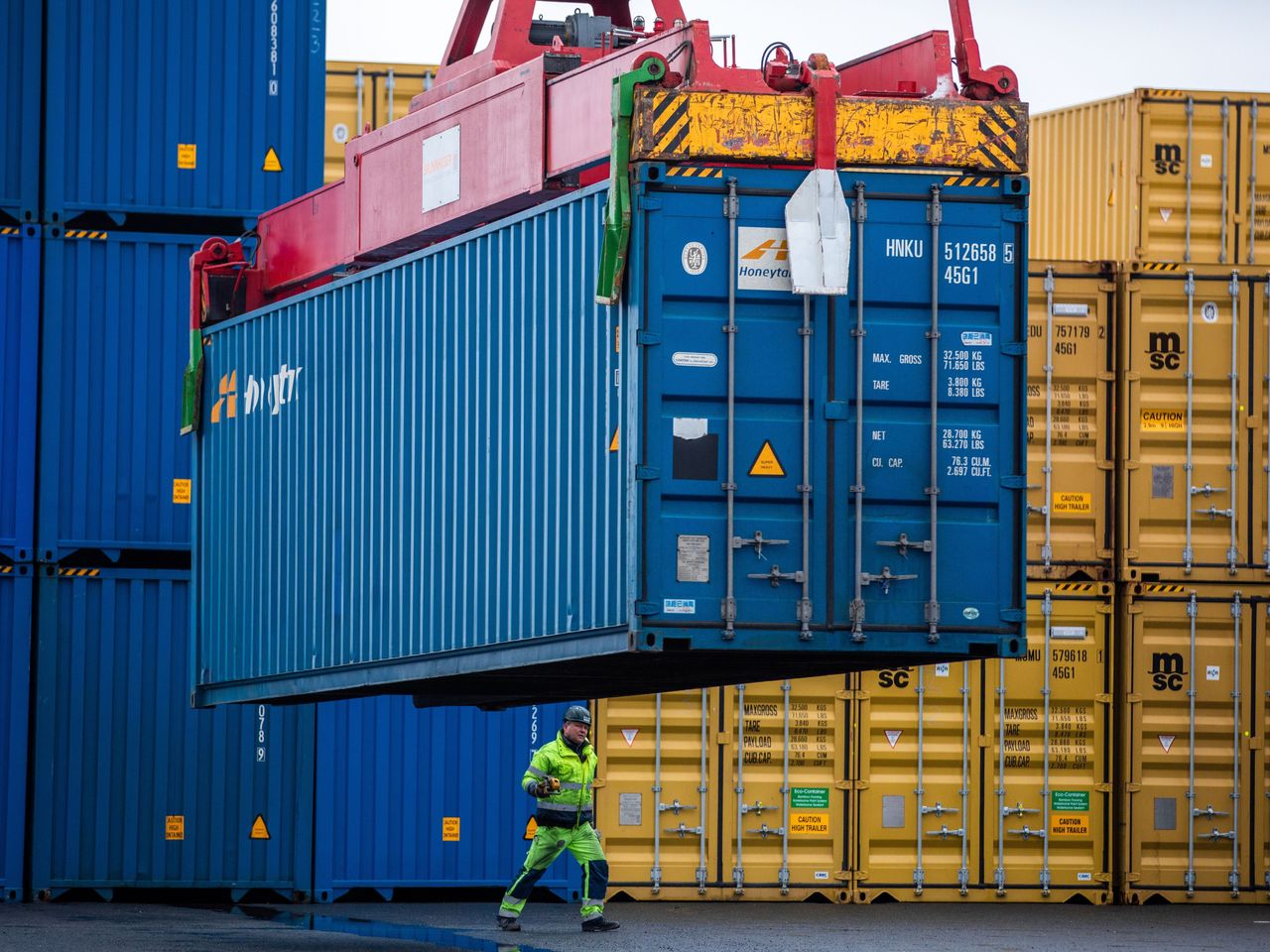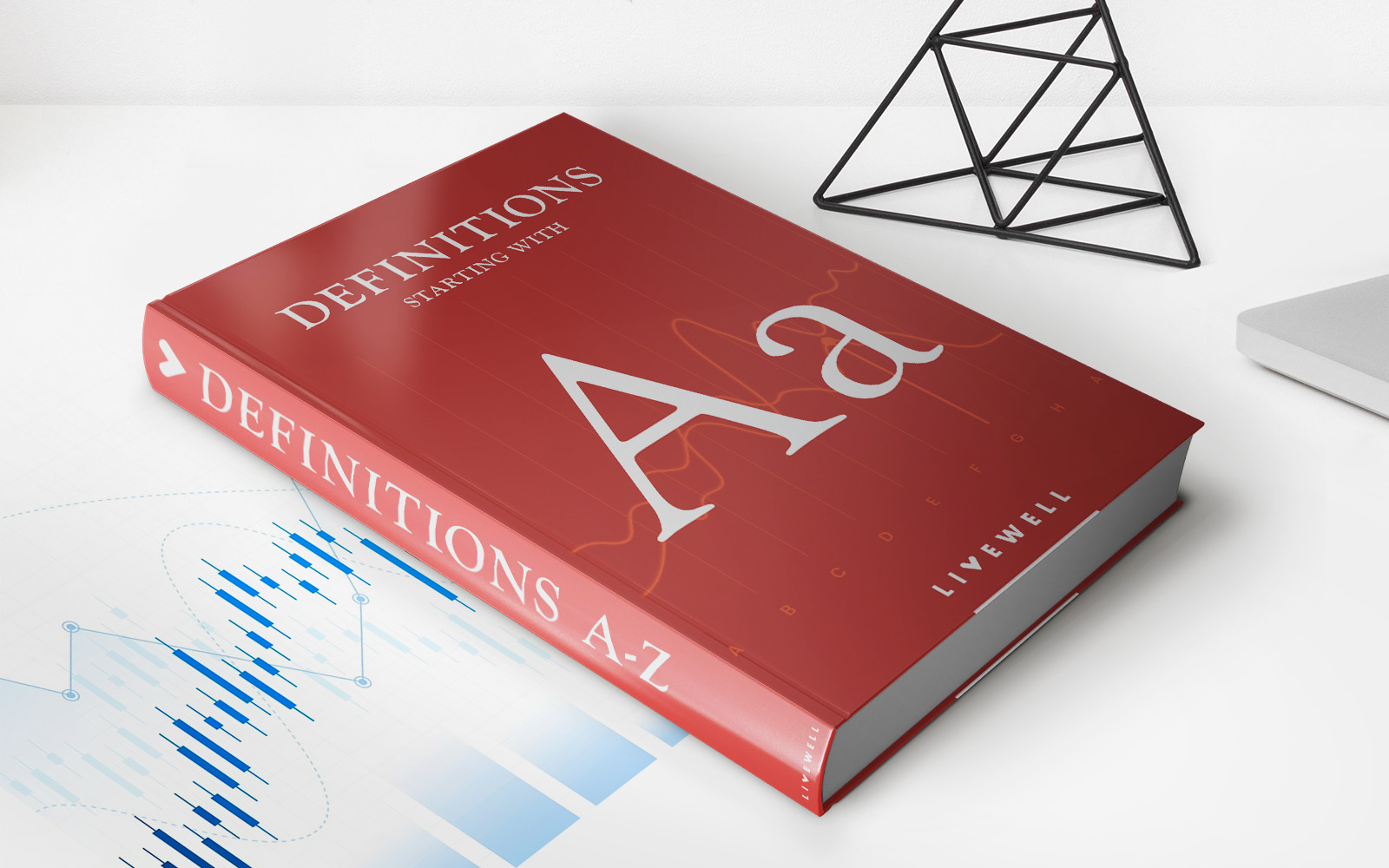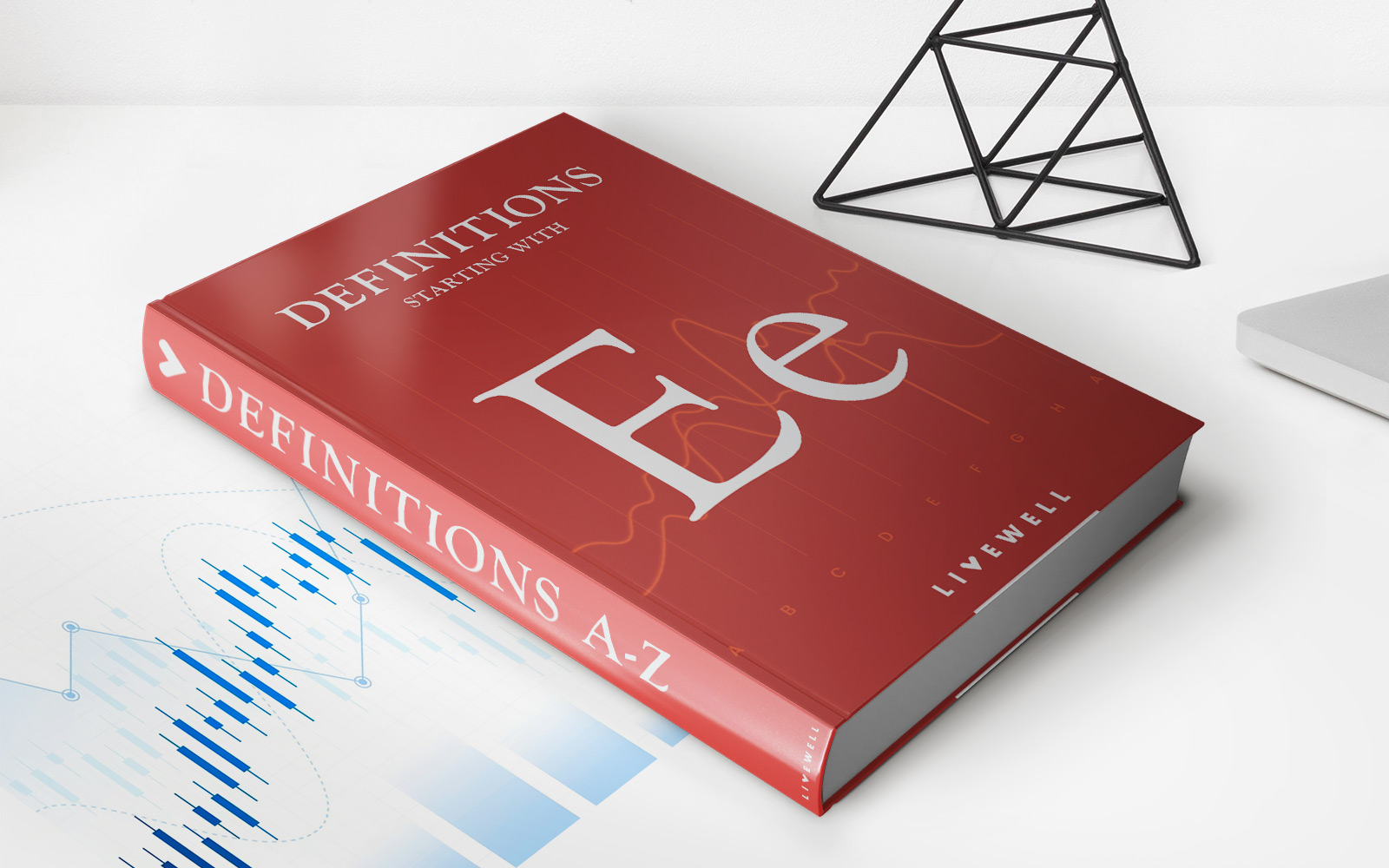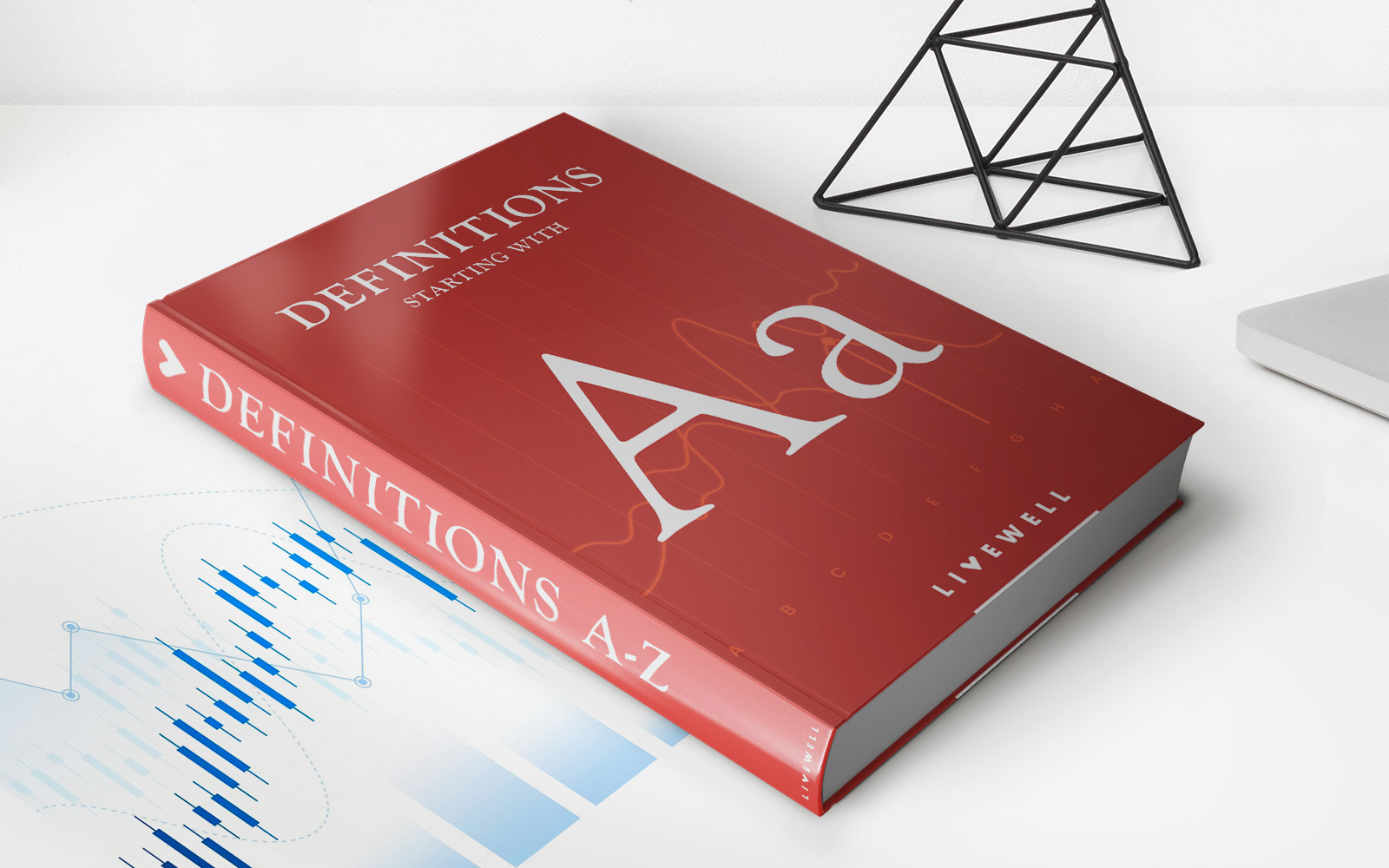Home>Finance>Free Alongside Ship (FAS): Definition And Use In Contracts


Finance
Free Alongside Ship (FAS): Definition And Use In Contracts
Published: November 28, 2023
Learn the definition and usage of Free Alongside Ship (FAS) in finance contracts. Gain insight into this crucial term for smooth transactions and financial management.
(Many of the links in this article redirect to a specific reviewed product. Your purchase of these products through affiliate links helps to generate commission for LiveWell, at no extra cost. Learn more)
Free Alongside Ship (FAS): Definition and Use in Contracts
When it comes to international trade, understanding the different types of trade terms and the implications they carry is crucial. One such term that often arises in contracts is Free Alongside Ship (FAS). In this blog post, we will dive into the definition of FAS and explore its use in contracts, providing valuable insights for businesses involved in global trade.
Key Takeaways:
- FAS stands for Free Alongside Ship, an international trade term used in contracts to define the seller’s responsibility for the goods until they are placed alongside the vessel at the specified port of shipment.
- FAS is primarily used when the buyer assumes the responsibility for loading the goods onto the vessel and for all subsequent costs and risks associated with transportation.
What is Free Alongside Ship (FAS)?
Free Alongside Ship (FAS) is an international trade term commonly used in contracts to define the seller’s responsibility for the goods until they are placed alongside the vessel at the specified port of shipment. Under FAS terms, the seller is responsible for delivering the goods to the agreed-upon port and placing them alongside the ship, making them ready for loading onto the vessel.
Once the goods have been placed alongside the ship, the buyer assumes the responsibility for loading them onto the vessel. This means that the buyer takes on all the risks and costs associated with transportation from that point forward.
Use of FAS in Contracts
FAS is often used in contracts when the buyer wants to have more control over the transportation of the goods and prefers to handle the loading process themselves. By assuming responsibility for loading the goods onto the vessel, the buyer can choose their preferred shipping method, insurance coverage, and transportation arrangements.
Here are a few key reasons why FAS might be used in contracts:
- Cost management: With FAS terms, the buyer has the freedom to choose their preferred shipping method, allowing them to potentially negotiate better transportation rates and minimize costs.
- Risk allocation: By taking over the responsibility for loading the goods onto the vessel, the buyer assumes the risks associated with transportation, such as delays, damages, or loss. This can give the buyer greater control over insuring their goods and mitigating potential risks.
- Flexibility: FAS terms provide flexibility to the buyer in terms of selecting their preferred transportation arrangements and adjusting shipping schedules according to their specific needs.
In contrast, the seller’s responsibility ends once the goods have been placed alongside the ship. They no longer have control over the transportation and bear no responsibility for any risks or costs incurred during transit.
Conclusion
Understanding the various trade terms used in international contracts is crucial for businesses engaged in global trade. Free Alongside Ship (FAS) is one such term that defines the seller’s responsibility for the goods until they are placed alongside the vessel at the specified port of shipment.
By utilizing FAS terms, buyers gain more control over the transportation process, allowing them to manage costs, allocate risks, and maintain flexibility in their shipping arrangements. It is important for businesses to carefully consider the implications of using FAS and ensure they are comfortable assuming the responsibilities that come with it.
Are you a business involved in international trade? If so, understanding the nuances of trade terms like FAS is essential for smooth operations and successful transactions.
Have you ever used Free Alongside Ship (FAS) trade terms in your contracts? Share your insights and experiences in the comments below!














